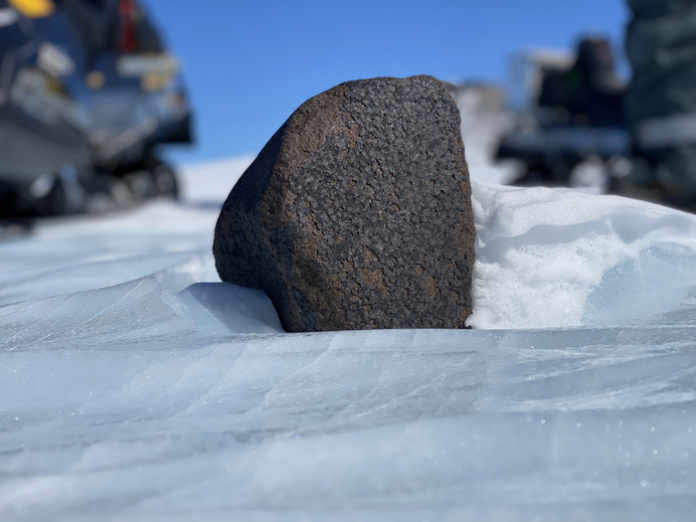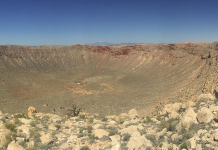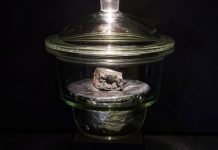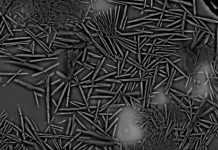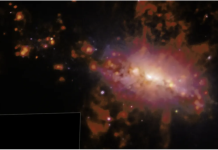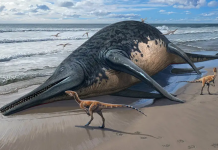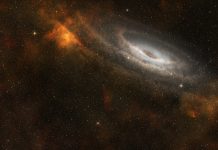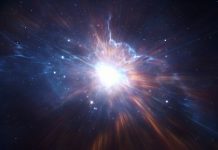According to researchers, Antarctica, although a tough place to work, is one of the best places on the globe to hunt for meteorites
Antarctica is a desert. Its dry climate limits the degree of weathering to the meteorites; along with this, its white landscape is ideal for meteorite hunting due to its dark appearance. Even when the black space rocks sink into the ice, the continuing churning motions of the glaciers’ against the rock help re-expose them near the surface of the continent’s blue ice fields.
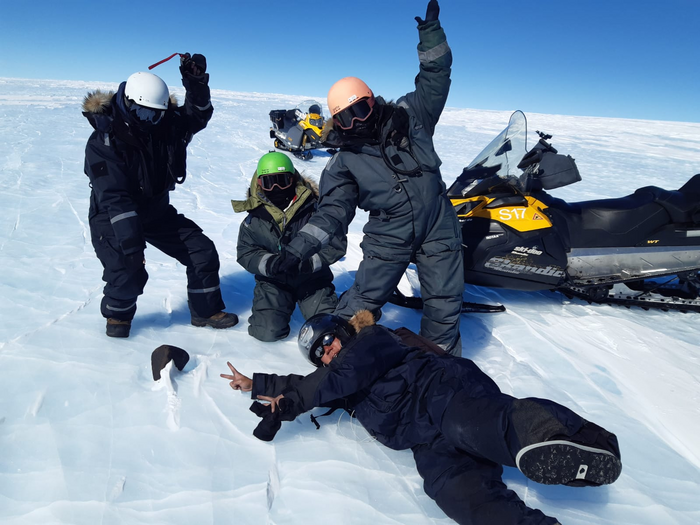
Finding meteorites in Antarctica
An international team of four researchers led by Vinciane Debaille of the Université Libre de Bruxelles (FNRS-ULB), were the first to explore potential new meteorite sites mapped using satellite imagery by Veronica Tollenaar, a thesis student in glaciology at the ULB.
The team returned from the icy desert with five new meteorites including one that weighs 16.7 pounds/ 7.4 kg. Maria Valdes, a research scientist at the Field Museum and the University of Chicago, estimates that of the roughly 45,000 meteorites retrieved from Antarctica over the past century, only about a hundred or so are this size or larger.
“Size doesn’t necessarily matter when it comes to meteorites, and even tiny micrometeorites can be incredibly scientifically valuable,” says Valdes, “but of course, finding a big meteorite like this one is rare, and really exciting.”
“but of course, finding a big meteorite like this one is rare and really exciting”
Battling icy temperatures even in summer
“Going on an adventure exploring unknown areas is exciting”, Debaille commented, “but we also had to deal with the fact that the reality on the ground is much more difficult than the beauty of satellite images.” Despite timing their trip for Antarctica’s summertime in late December, temperatures stayed around 14° F (-10° C).
Valdes noted that was actually colder in Chicago than it was in Antarctica, but spending days riding snowmobiles and trekking through ice fields and then sleeping in a tent made the Antarctic weather feel more extreme.
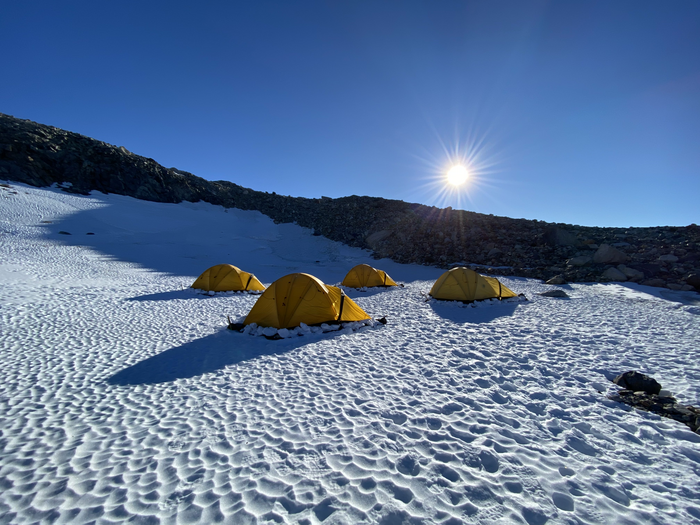
Meteorite hunting and continued analysis
The five meteorites recovered by the team will be analyzed at the Royal Belgian Institute of Natural Sciences. In the meantime, sediment potentially containing tiny micrometeorites has been divided among the researchers for individual study at their institutions.
Valdes says she’s eager to see what the analyses of the meteorites reveal, as “studying meteorites helps us better understand our place in the universe. The bigger a sample size we have of meteorites, the better we can understand our Solar System, and the better we can understand ourselves.”
studying meteorites helps us better understand our place in the universe
Editor's Recommended Articles
-
Must Read >> Meteorite impacts: The good and the bad


